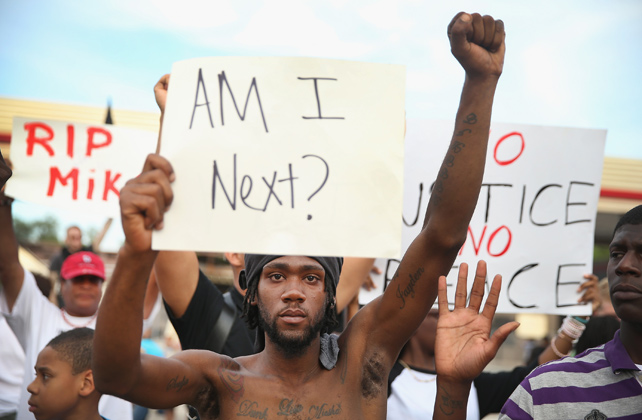 |
Read one by one like a daily reader, the essays, like the radio commentaries, are dense enough to reflect on for hours. Read all in one sitting, the evidence for bias presented by Abu-Jamal could potentially penetrate a racist mind and change it for the better, though sensitive liberals may find themselves sick with grief following the undeniable catalog of suffering here, some of it committed by our own hands (let this serve as your trigger warning). His critique of politicians is not reserved for the right: He notes the Clintons role in what he calls the mass incarceration boom as well as Obama's legacy of mass surveillance and systemic repression: "He left the horrors of mass incarceration fundamentally unchanged and in the hands of an ultra-right wing populist, endorsed by a known domestic terrorist group, the Ku Klux Klan."
|
(City Lights Open Media)
A Review by Denise Sullivan
Following the shocking back-to-back police murders of Alton Sterling in Baton Rouge and Philando Castille outside St. Paul in July of 2016, author and activist Mumia Abu-Jamal responded with what seemed to be an uncharacteristic loss for words when he ended a short lament titled "Killed By Cops Who Were 'Just Doing Their Jobs'" with this refrain
And another one gone…and another…and another.
A few days later, in a piece called "What Happens To A Dream Deferred," he invoked the Langston Hughes poem in reference to Sterling, Castile, and a massacre in Dallas in which five police officers and others were injured.
A new stage has been reached in America's longest war with itself.
Capsulizing the history of white slave patrols, their relationship to today's police departments and a justice system that preserves immunity for officers who kill, Abu-Jamal goes on to suggest how and why we've arrived at such a horrific place in American history.
Oppression can drive people mad. It can turn calm brains into minds consumed by anger, rage, and resentment.
One year later, in the wake of recent worldwide terrorist events, mass shootings from coast to coast, and an entirely not unexpected not guilty verdict for Jeronimo Yanez, the cop who killed Castile, it is safe to say the tyranny of our brand of liberty has brought us to yet another new stage in the long war with ourselves. In his broadcasts, Abu-Jamal quotes Alexis de Tocqueville and Mao Tse-tung as he reckons with the civil war now in progress. In another titled, The Second Death of Philando, he concludes, "The jury believed once again, that a black life had no intrinsic value and that it could be treated like trash, burned up and discarded, like an old pair of shoes."
In his latest collection of essays, Have Black Lives Ever Mattered? published this month by City Lights, Abu-Jamal offers no easy answers except for what's undeniable: "Well, they certainly seem important enough to suppress and steal." Over the course of the book, he shines his light on a fraction of the Black lives sacrificed since 1998-- the cases that made it into the public eye-- while underscoring the fact: Living while Black in the US is in itself a traumatic experience.
